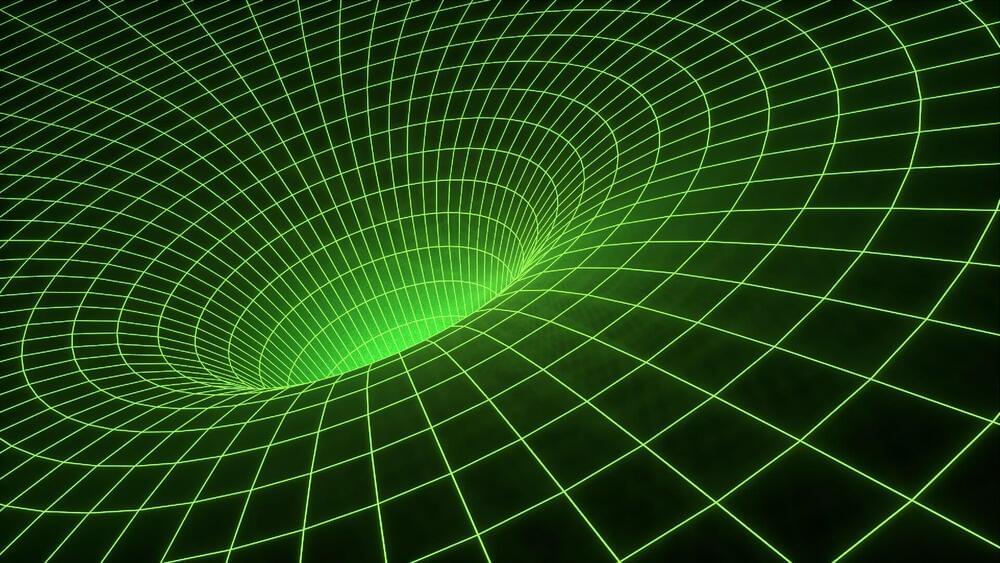How long is the present? The answer, Cornell researchers suggest in a new study, depends on your heart.
They found that our momentary perception of time is not continuous but may stretch or shrink with each heartbeat.
The research builds evidence that the heart is one of the brain’s important timekeepers and plays a fundamental role in our sense of time passing—an idea contemplated since ancient times, said Adam K. Anderson, professor in the Department of Psychology and in the College of Human Ecology (CHE).
